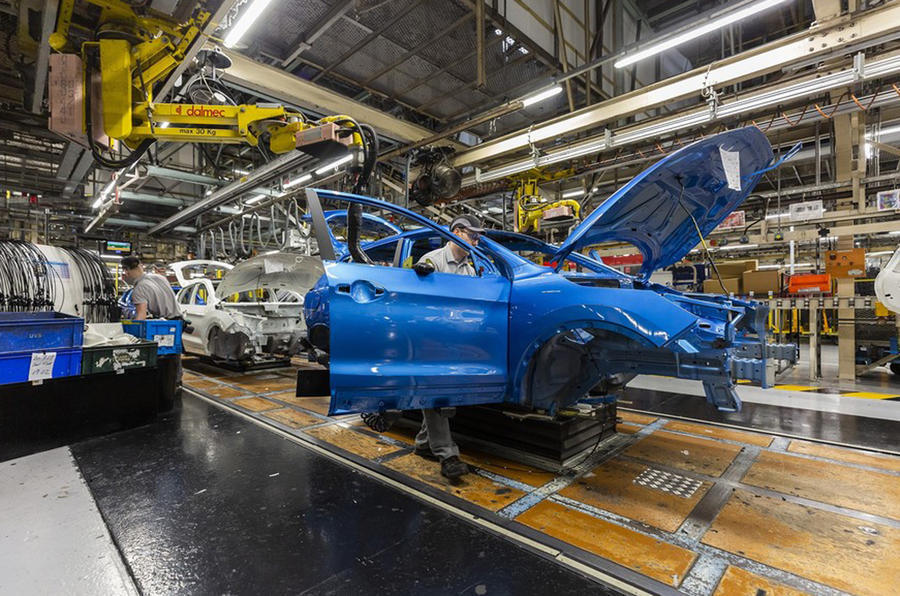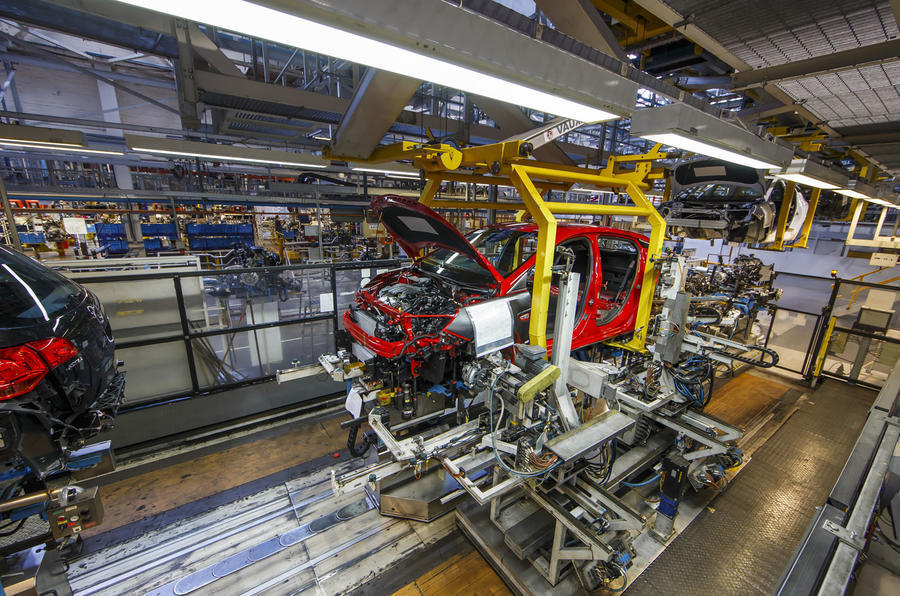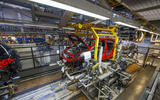Car production in the UK dropped by almost a third in 2020 to reach its lowest level since 1984, the Society of Motor Manufacturers and Traders (SMMT) has revealed.
Extended factory shutdowns and reduced consumer demand caused by the Covid-19 pandemic meant that just 920,928 cars were built in 2020, a drop of 29.3% on 2019 and around £10.5 billion in value lost.
SMMT boss Mike Hawes described the results as "the worst in a generation" but said they were "absolutely no surprise". He warned that any recovery in 2021 would be only marginal and dependant on just how long the UK and other key export countries remain in lockdown with showrooms closed.
An independent forecast predicts the recovery to reach about one million cars produced in 2021, still way short of the generational high of 1.7 million cars in 2016. The last time car production dipped below 1.0m was in the depths of the global financial crisis in 2009.
Of the 920,928 cars built in the UK last year, almost 750,000 were exported. The UK's top export market remains the European Union, with just over 400,000 models shipped there.
The fact that such a large proportion of new cars built in the UK were EU bound shows how important it was for the UK car industry to benefit from tariff-free trade with the EU.

"It does deliver plenty of what we needed," said Hawes, commenting on the Brexit deal. "If we reflect on its nature and ambition, it was better than we probably expected. The automotive industry arguably did pretty well. We know the government actively sought to protect and safeguard the industry."
The key export markets of the US and Japan dropped, but there were rises in China and South Korea, countries that came out of shorter, sharper lockdowns faster than the likes of Europe and the US.
















Join the debate
Add your comment
The curse of brexit strikes again!
We hadn't left in 2020.
Oops. What I meant was nothing had changed in 2020. Production fell in other EU countries too. Was that because of Brexit? Did Germans stop buying German-built cars because of Brexit?
Or, that the public are just fed up in general?, we had the Bank crisis, the Cameron pulled the Rug from under with Brexit, and now we're in the throws of a Pandemic, is it any wonder some people don't know all the facts?